Poisoning, shooting, imprisonment: The mysterious fates of Vladimir Putin’s critics and rivals
Alexei Navalny is latest in long line of Vladimir Putin’s critics who have died in recent years
Your support helps us to tell the story
From reproductive rights to climate change to Big Tech, The Independent is on the ground when the story is developing. Whether it's investigating the financials of Elon Musk's pro-Trump PAC or producing our latest documentary, 'The A Word', which shines a light on the American women fighting for reproductive rights, we know how important it is to parse out the facts from the messaging.
At such a critical moment in US history, we need reporters on the ground. Your donation allows us to keep sending journalists to speak to both sides of the story.
The Independent is trusted by Americans across the entire political spectrum. And unlike many other quality news outlets, we choose not to lock Americans out of our reporting and analysis with paywalls. We believe quality journalism should be available to everyone, paid for by those who can afford it.
Your support makes all the difference.Jailed Kremlin critic Alexei Navalny has died in an Arctic penal colony after years of harsh treatment in the Russian prison system.
But his death is only the most recent of a long line of Vladimir Putin’s critics who have been jailed, silenced or met brutal ends over the years. From poisonings, mysterious falls from windows and plane crashes, many of the Russian president’s foes appear to have been targeted.
Follow live updates and reaction here
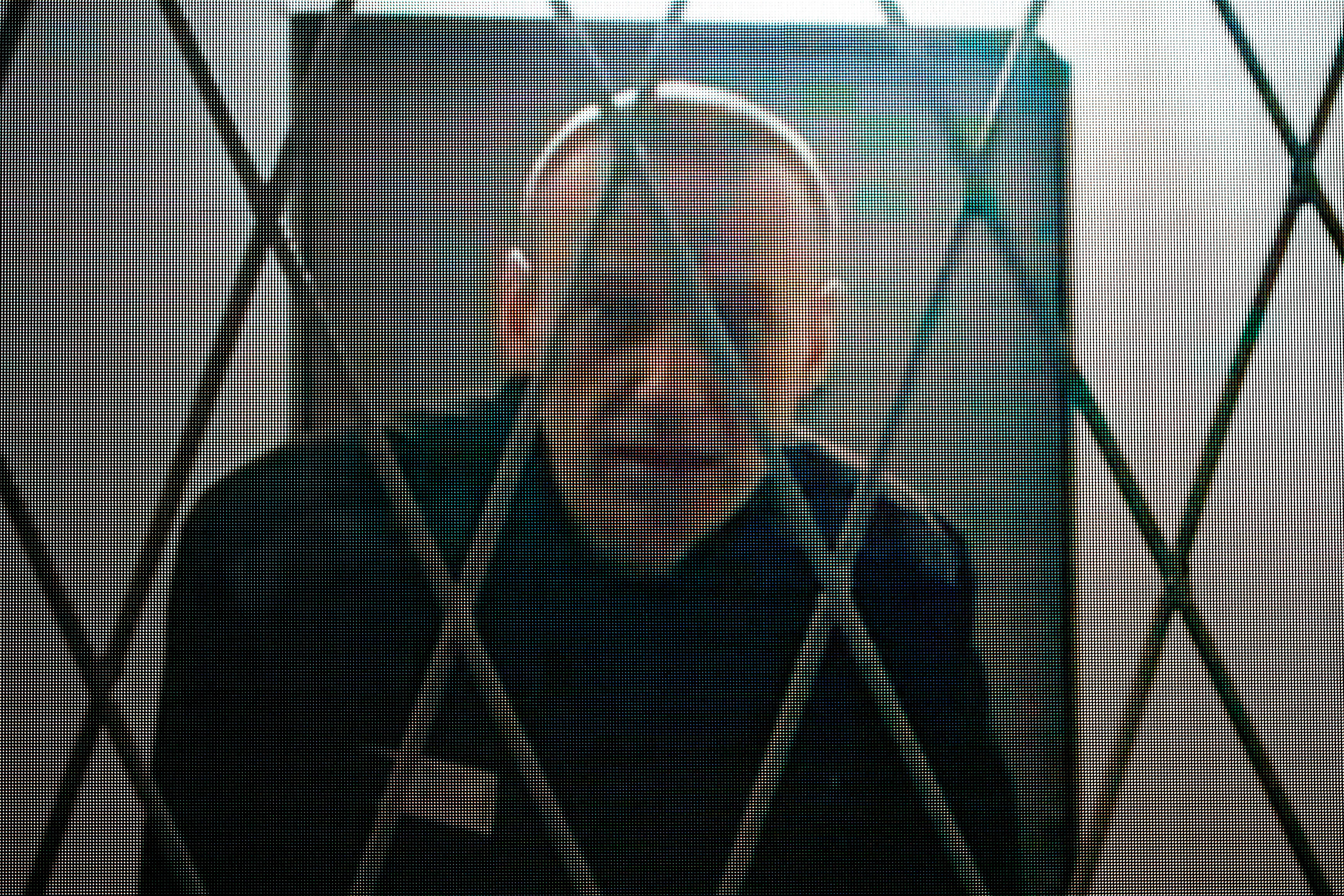
While no cause of death for Navalny has been revealed, friends of the opposition leader are already accusing Mr Putin of “murder”. The Kremlin claims it has “no information” about what happened to him.
Below, we look at some of the high-profile deaths and mysterious incidents involving those who have defied the Russian leader over the years.
Alexander Litvinenko
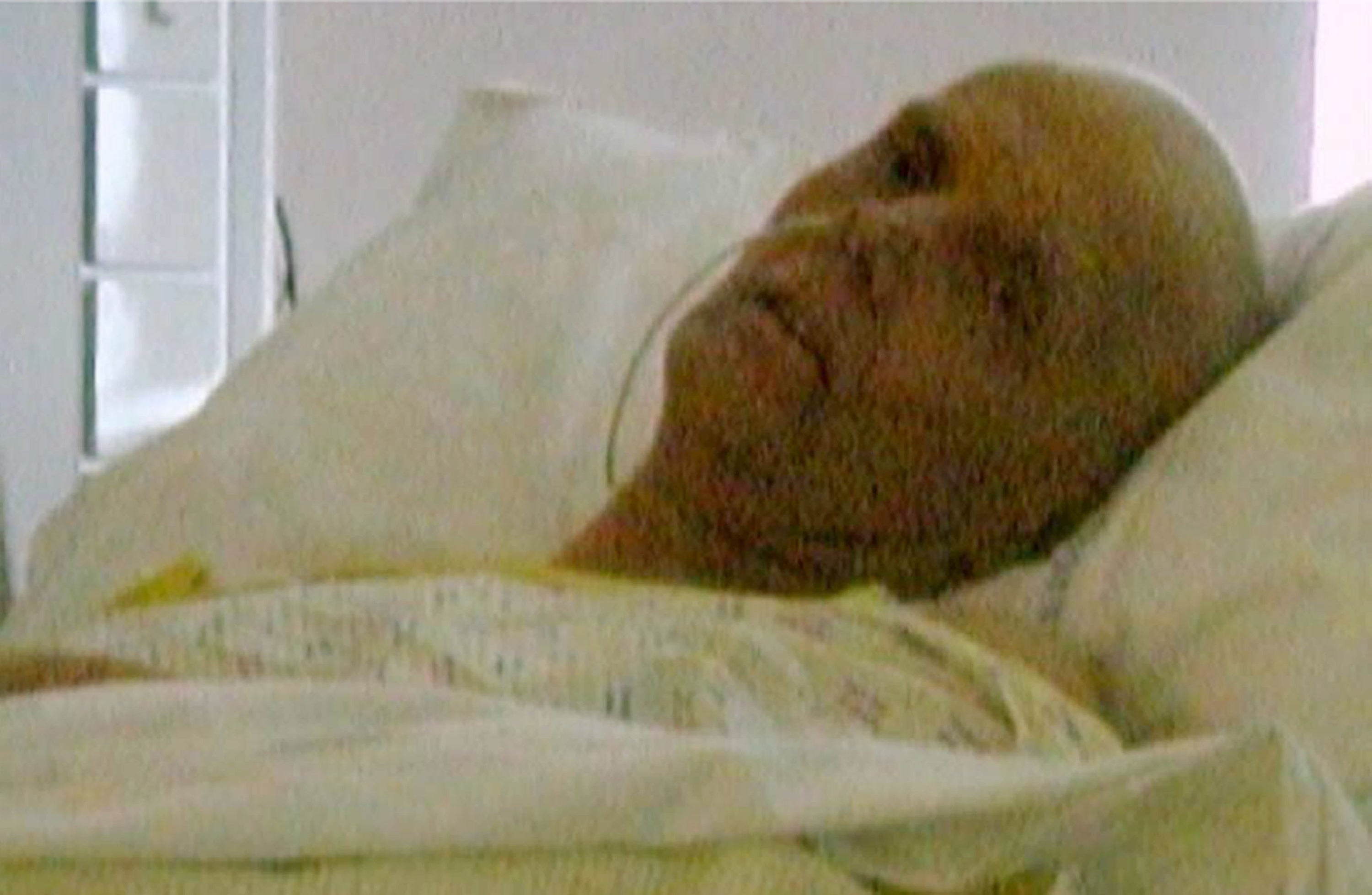
“You may succeed in silencing one man but the howl of protest from around the world, Mr. Putin, will reverberate in your ears for the rest of your life,” were among the last words said by former Russian spy turned Putin critic Alexander Litvinenko before his death in November 2006.
Three weeks earlier, Litvinenko had drunk a cup of tea in an upmarket London hotel where he had met another former Russian agent.
After falling ill and spending the entire night vomiting, it emerged he had been poisoned with polonium-210, a poisonous radioactive isotope sourced from a nuclear reactor in Russia’s Ural mountains.
After becoming a whistleblower at the FSB secret service, he had fled Moscow in 2000 and resettled in Britain, where he attracted the ire of Mr Putin, working as a writer, journalist and MI6 agent tasked with providing expertise on Russian organised crime.
In 2021, the European Court of Human Rights ruled Russia was responsible for the 2006 murder by radiation poisoning. The Kremlin rejected the ruling as “groundless”.
One of his alleged killers, Andrei Lugovoi, later became a deputy in the Russian parliament.
Yevgeny Prigozhin
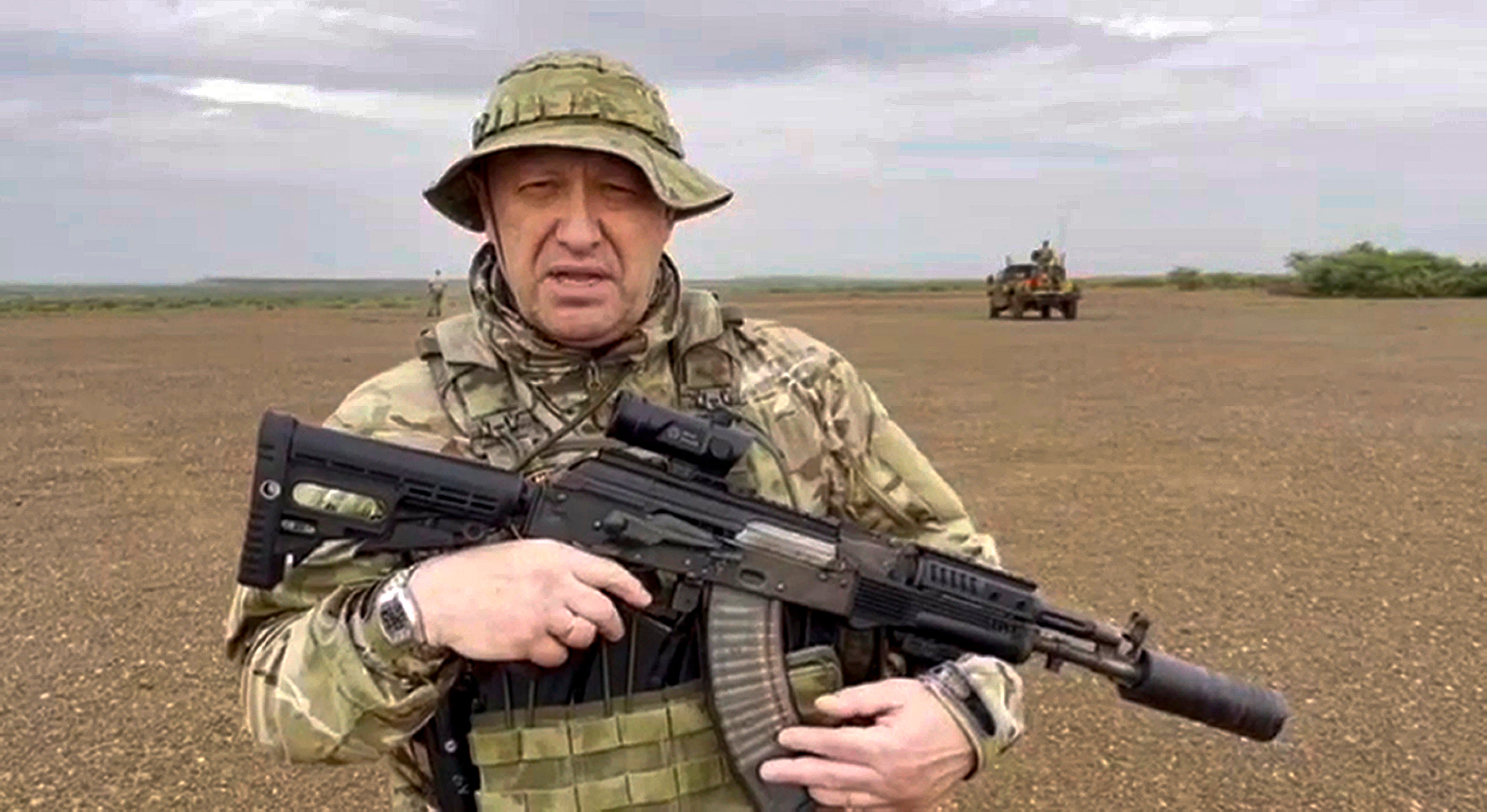
As Mr Putin’s personal chef turned Wagner mercenary group warlord, Yevgeny Prigozhin led a failed mutiny against Russia’s Ministry of Defence over a disagreement with the direction of Moscow’s war in Ukraine.
He led a dramatic “march for justice” where armed Wagner mercenaries were seen speeding towards the Russian capital in June 2023.
As Mr Putin remained silent, the mutiny was suddenly aborted as Prigozhin ordered his troops to lay down their arms, before they were relocated to Belarus under a deal brokered by that country’s Russia-allied president, Alexander Lukashenko.
Two months later, Prigozhin plummeted from the sky when the business jet he was flying on from Moscow to St Petersburg apparently exploded.
The Kremlin has denied any involvement in the downing of the aircraft and claimed hand grenades could have been let off by drunk passengers.
Sergei Skripal
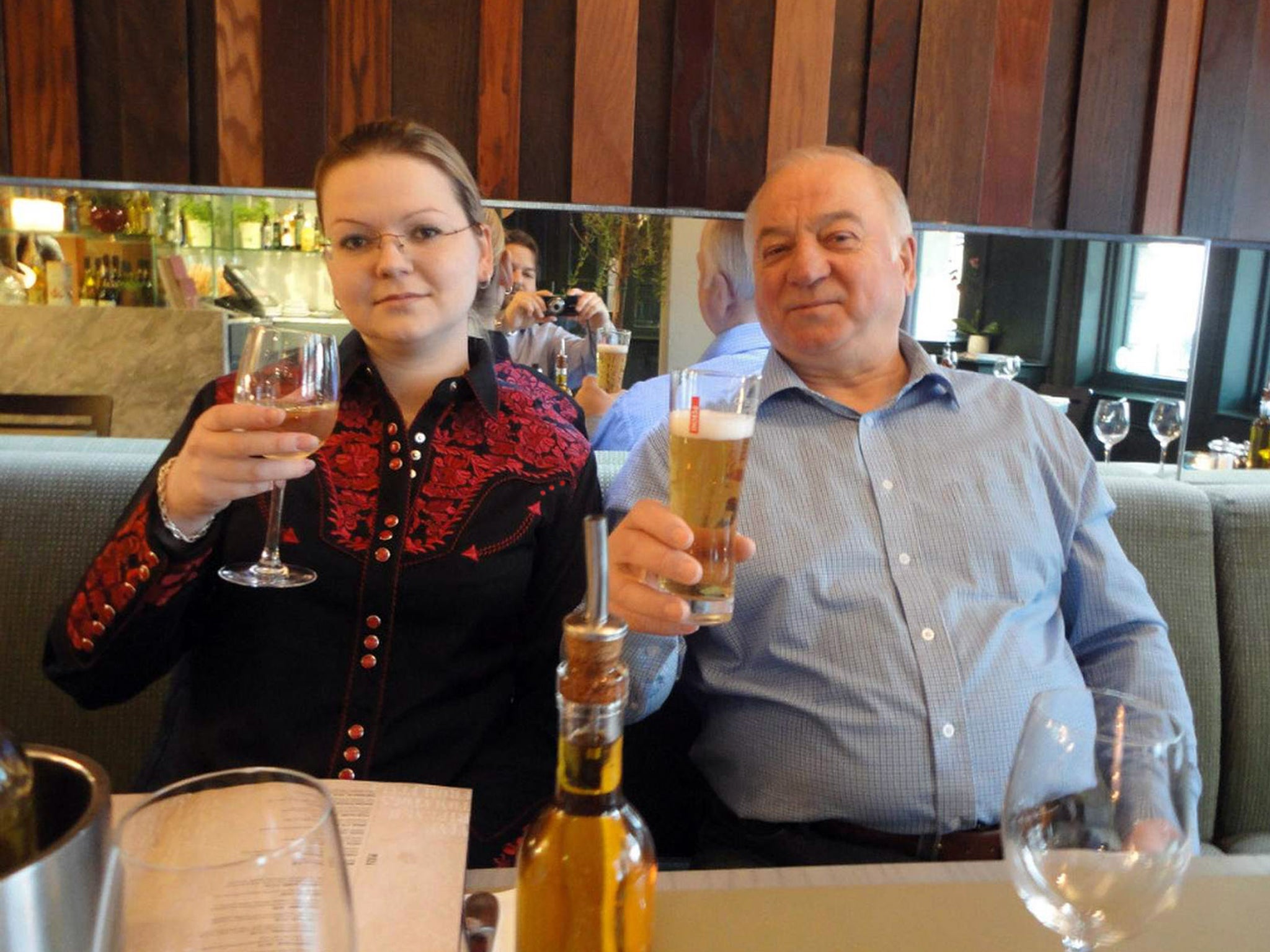
Formerly a colonel with Russian military intelligence before leaving in 1999, Sergei Skripal went on to work at the country’s foreign ministry until 2003.
He was arrested in Moscow a year later and confessed to having been recruited by British intelligence in 1995. He said he had given information to British intelligence about Russian agents in Europe in return for around £79,300.
Mr Skripal was jailed but later released in a spy swap and moved to the UK.
In 2018, along with his daughter Yulia, he was poisoned with the nerve agent novichok but the pair survived the attack after a botched assassination attempt in Salisbury.
The Kremlin denied that Russia was in any way involved in the poisoning, describing British accusations that an attack had been approved by senior Russian officials as “unacceptable”. However, researchers identified two alleged Russian military intelligence agents who were accused of carrying out the attempted assassination. The pair subsequently appeared on Russian TV in an awkward interview in which they claimed to have been visiting Salisbury Cathedral.
Ravil Maganov
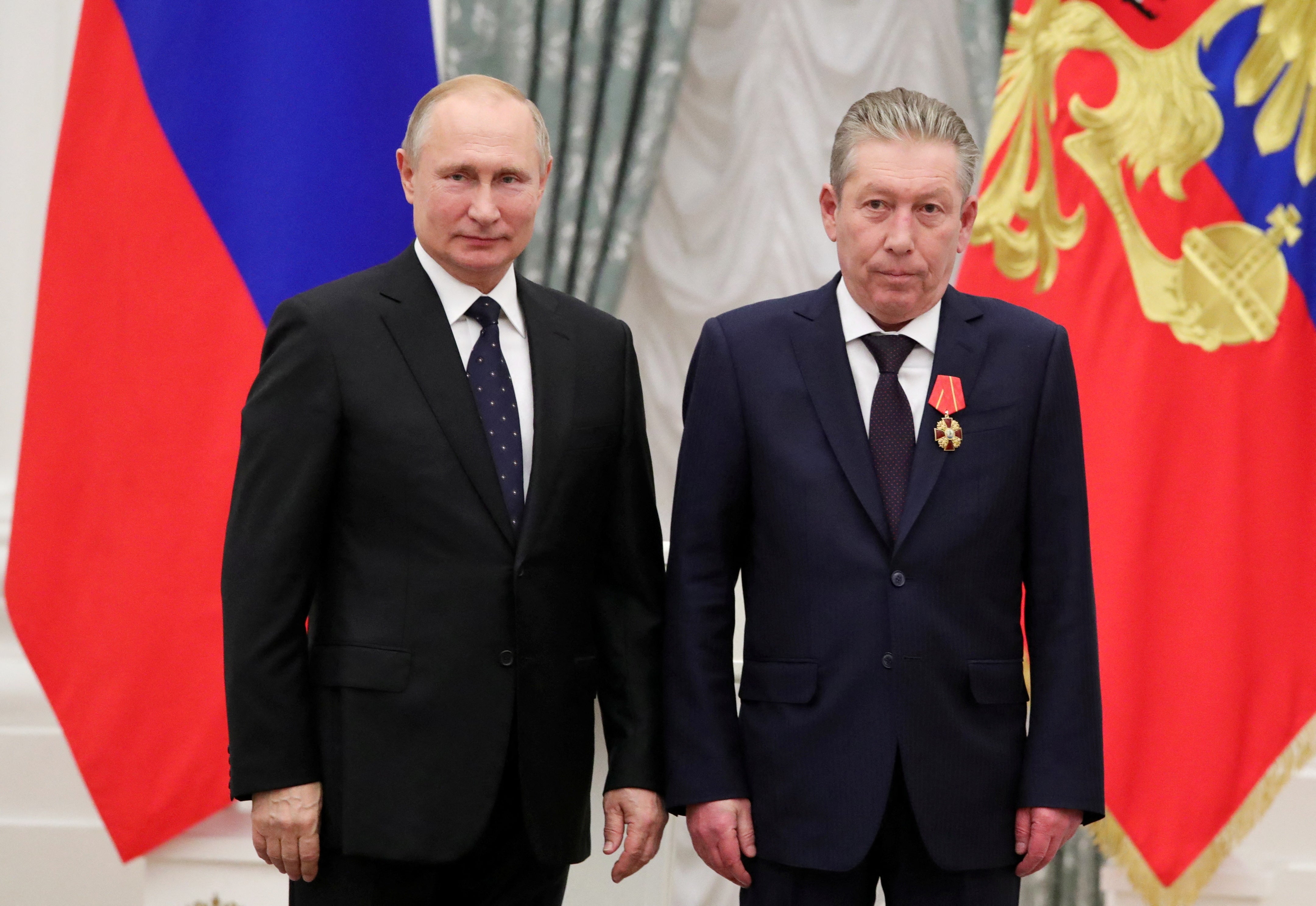
Ravil Maganov, the chairman of the board of Russia’s second largest oil producer Lukoil, met a tragic end six months after he openly criticised the war in Ukraine.
In a statement in March 2022, the board called for the “soonest termination of the armed conflict” and expressed “sincere empathy for all victims”.
It added: “We strongly support a lasting ceasefire and a settlement of problems through serious negotiations and diplomacy.”
In September that year, 67-year-old Mr Maganov died after apparently falling from a sixth-floor window at the Central Clinical Hospital in Moscow.
Russian state news agency Tass claimed his death was a suicide.
Boris Nemtsov
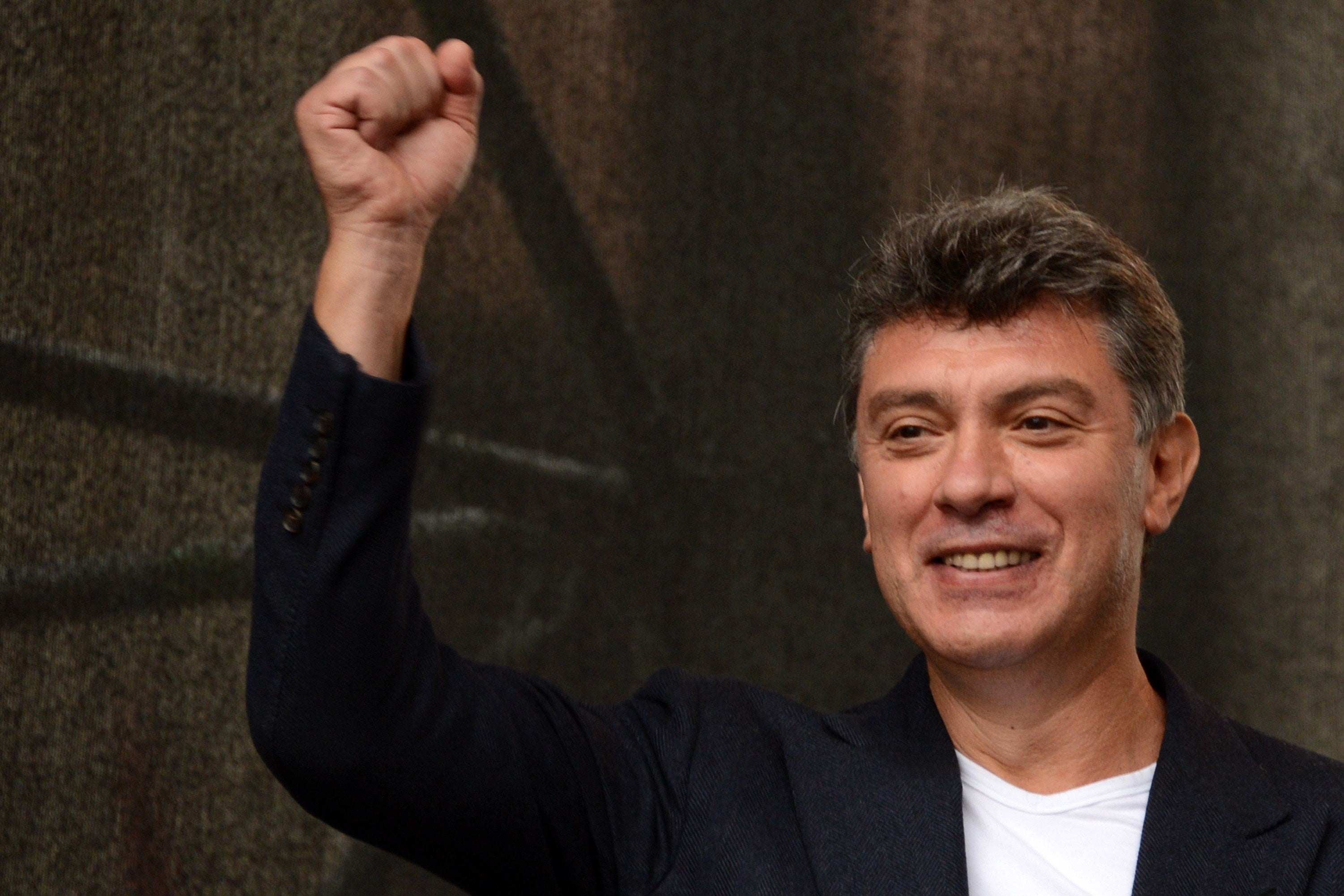
The former governor of Nizhny Novgorod Oblast and deputy prime minister under Russia’s first President Boris Yeltsin was gunned down on 27 February 2015 on a bridge close to the Kremlin in Moscow beside his Ukrainian partner Anna Durytska. He was shot four times in the back.
Mr Nemtsov, who was killed at the age of 55, was a critic of Mr Putin from the get-go – from the turn of the millennium until his death. When he was killed, he was helping to set up a rally against the Russian military incursion in Ukraine, which began in 2014 with the annexation of Crimea and the support of supposed separatists in the Donbas in eastern Ukraine.
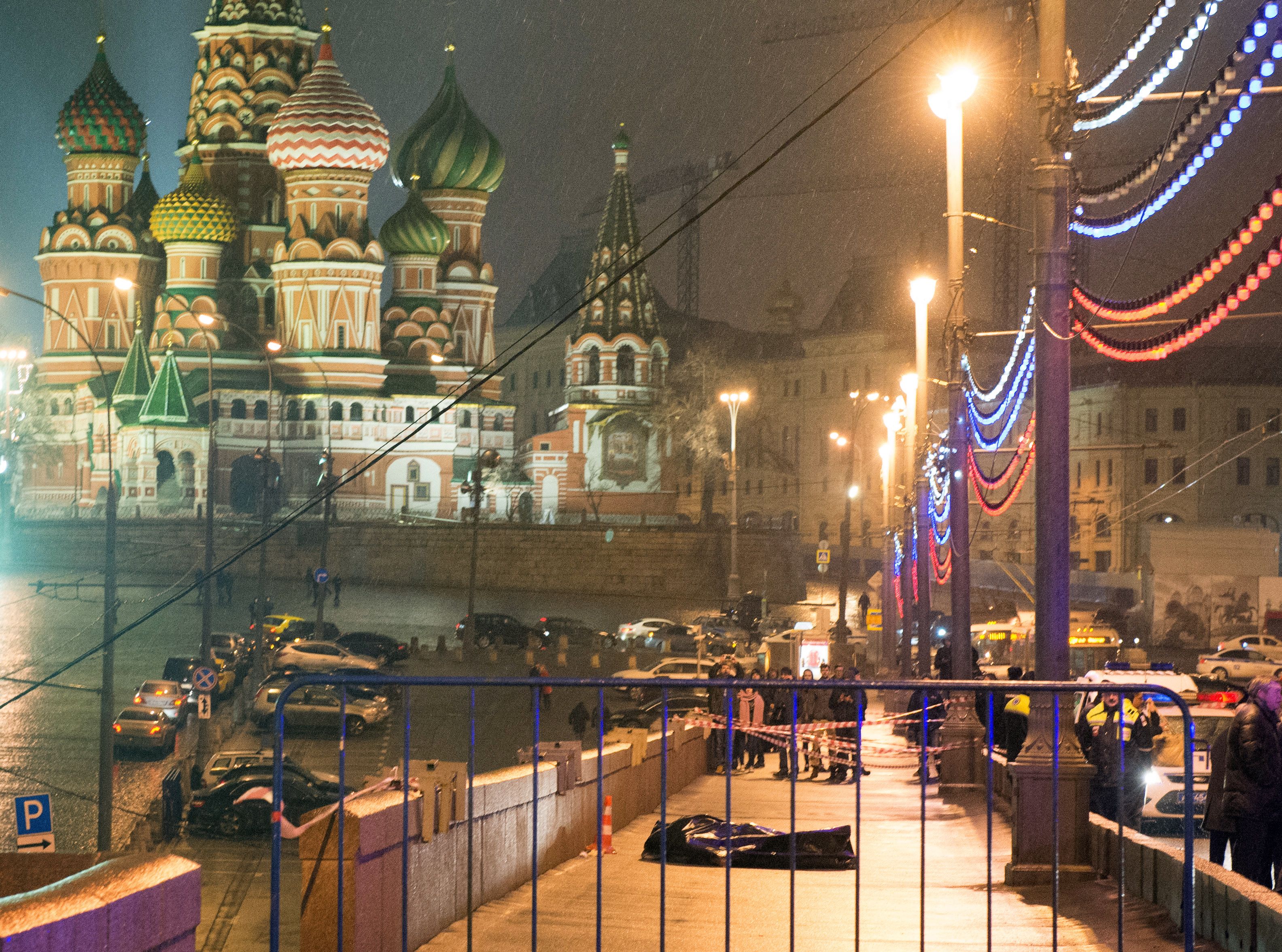
Anna Politkovskaya
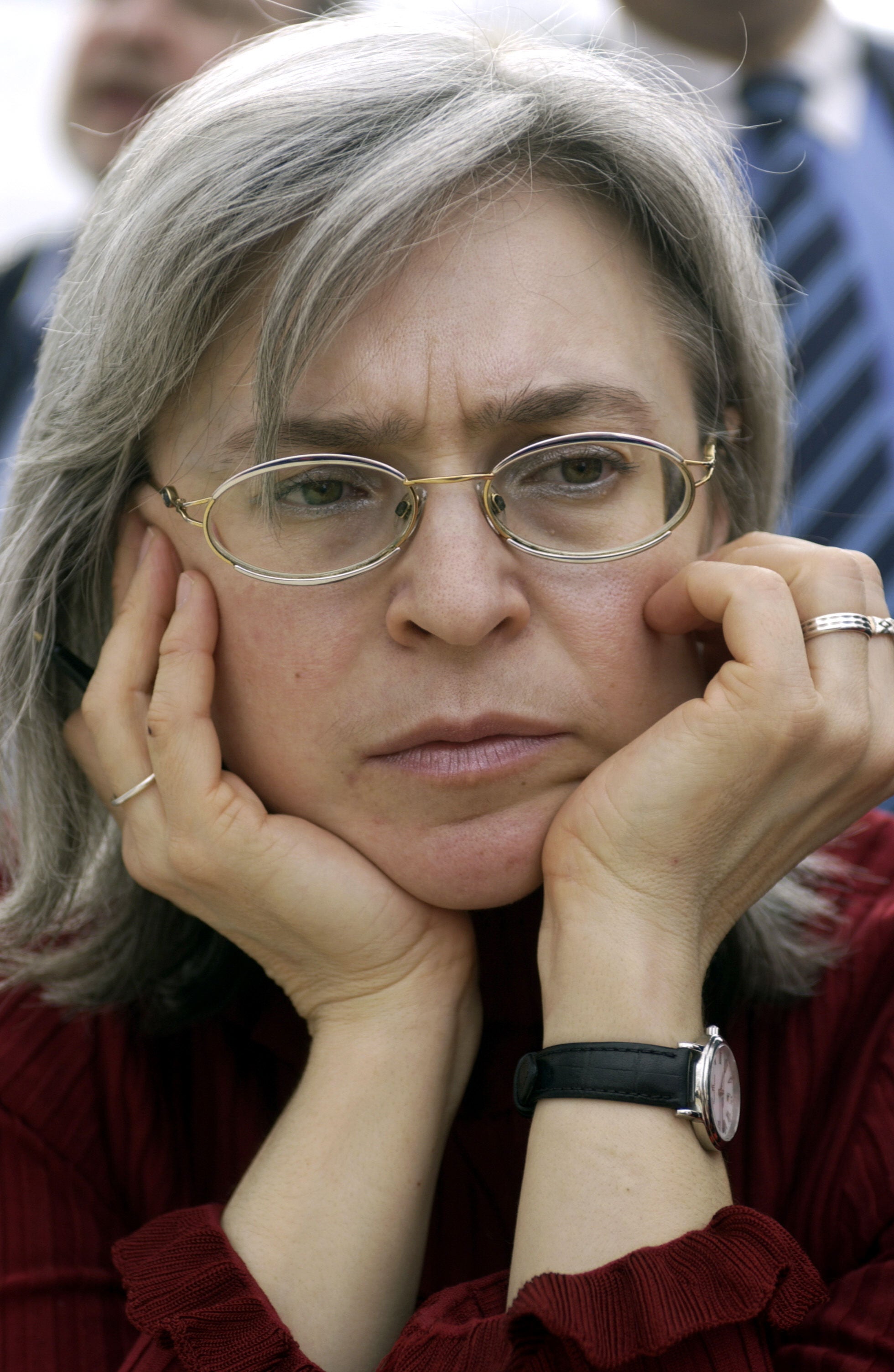
The New York City-born Russian journalist and human rights activist was killed in the elevator of her apartment building on 7 October 2006 at the age of 48. She gained widespread acclaim for her reporting on the Second Chechen War, which lasted between 1999 and 2005.
The killing garnered international attention and it wasn’t until June 2014 that five men were sentenced for the killing, but it remains unclear who ordered the murder.
Mr Putin said after her death that her reporting work was “extremely insignificant for political life in Russia” and that her murder led to “far greater injuries and damage than her publications”.
Sergei Magnitsky
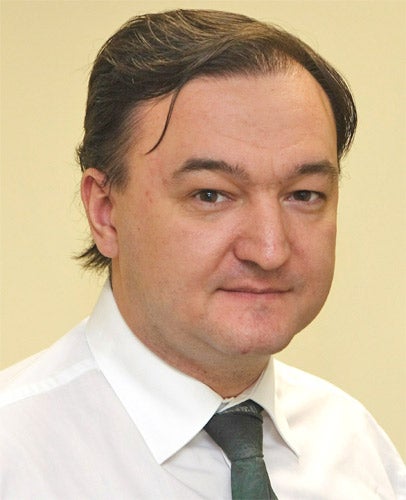
Sergei Magnitsky, a Russian tax adviser who exposed corruption, was detained without a trial and died in prison just seven days before he was set to be released under the law that suspects can be only be held for a year behind bars without trial.
At the age of 37, he died after 358 days in prison, where he was denied medical care and he was later found to have been assaulted shortly before dying. He revealed corruption and misconduct by government officials during his work for a client – Hermitage Capital Management. He was arrested in 2008 and died on 16 November 2009.
His death led to investigations into theft, fraud, and violations of human rights. The tax adviser alleged that large sums of money were stolen from the state by officials.
American-born British financier Bill Browder, the co-founder of Hermitage, was expelled from Russia in 2005. After Mr Magnitsky’s death, he successfully lobbied for a number of governments to pass the Magnitsky Act, which punishes Russian human rights violators. President Barack Obama signed the US version into law in 2012.
Mikhail Khodorkovsky
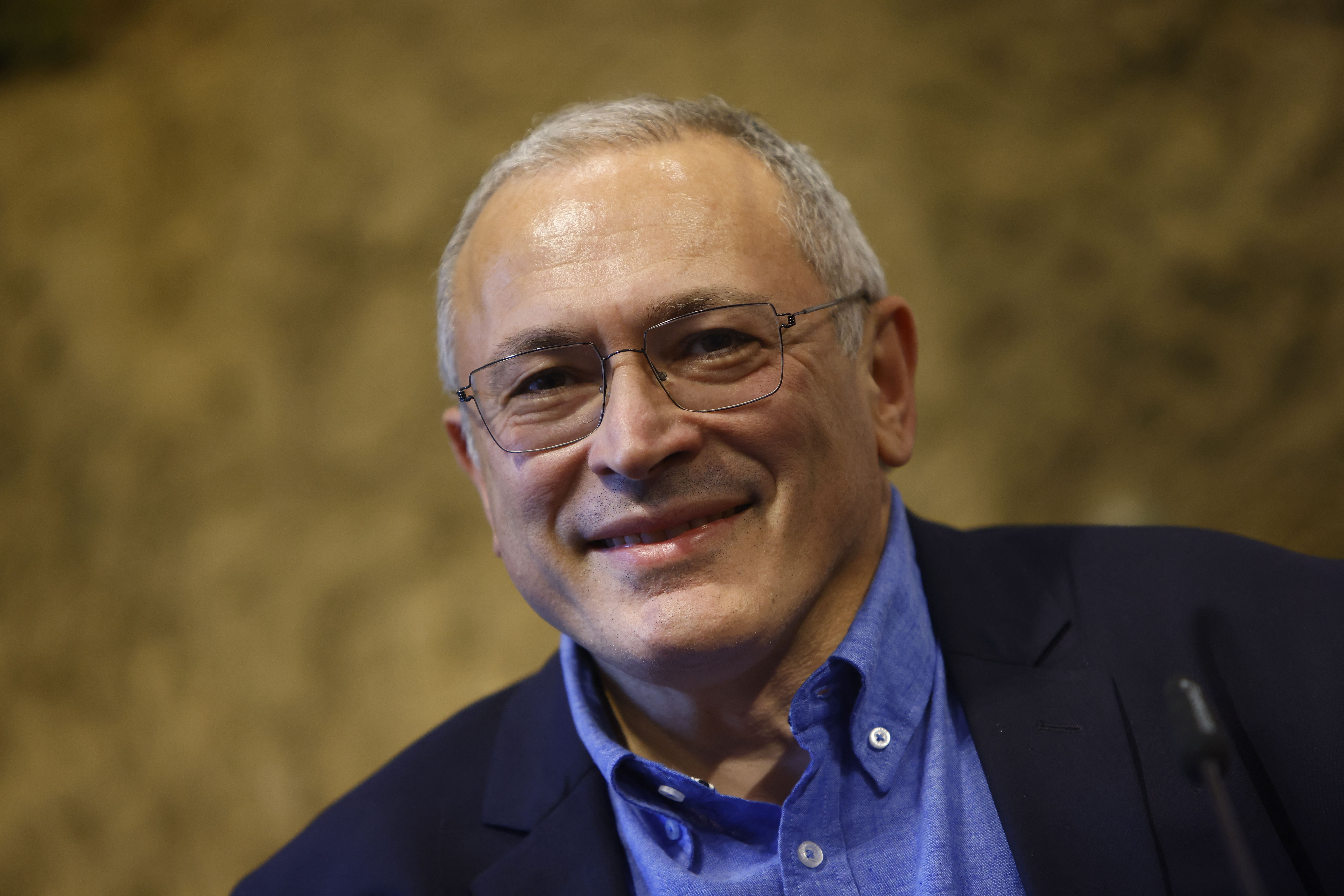
The 60-year-old who now lives in exile in London, spending some of his time criticizing Mr Putin on X/Twitter, was considered the richest man in Russia in 2003.
The businessman, oligarch, and now opposition leader, had an estimated fortune of $15bn – coming in at number 16 on Forbes billionaire’s list.
He climbed the ranks of the All-Union Leninist Young Communist League, called Komsomol, before the fall of the Soviet Union.
His wealth skyrocketed after the dissolution of the union when he got hold of several Siberian oil fields.
After founding the organisation Open Russia in 2001, he was arrested in October 2003, facing charges of fraud. After years behind bars following trials believed by many to have been politically motivated, Mr Khodorkovsky was pardoned by Mr Putin in 2013, and he immediately left the country.
Boris Berezovsky
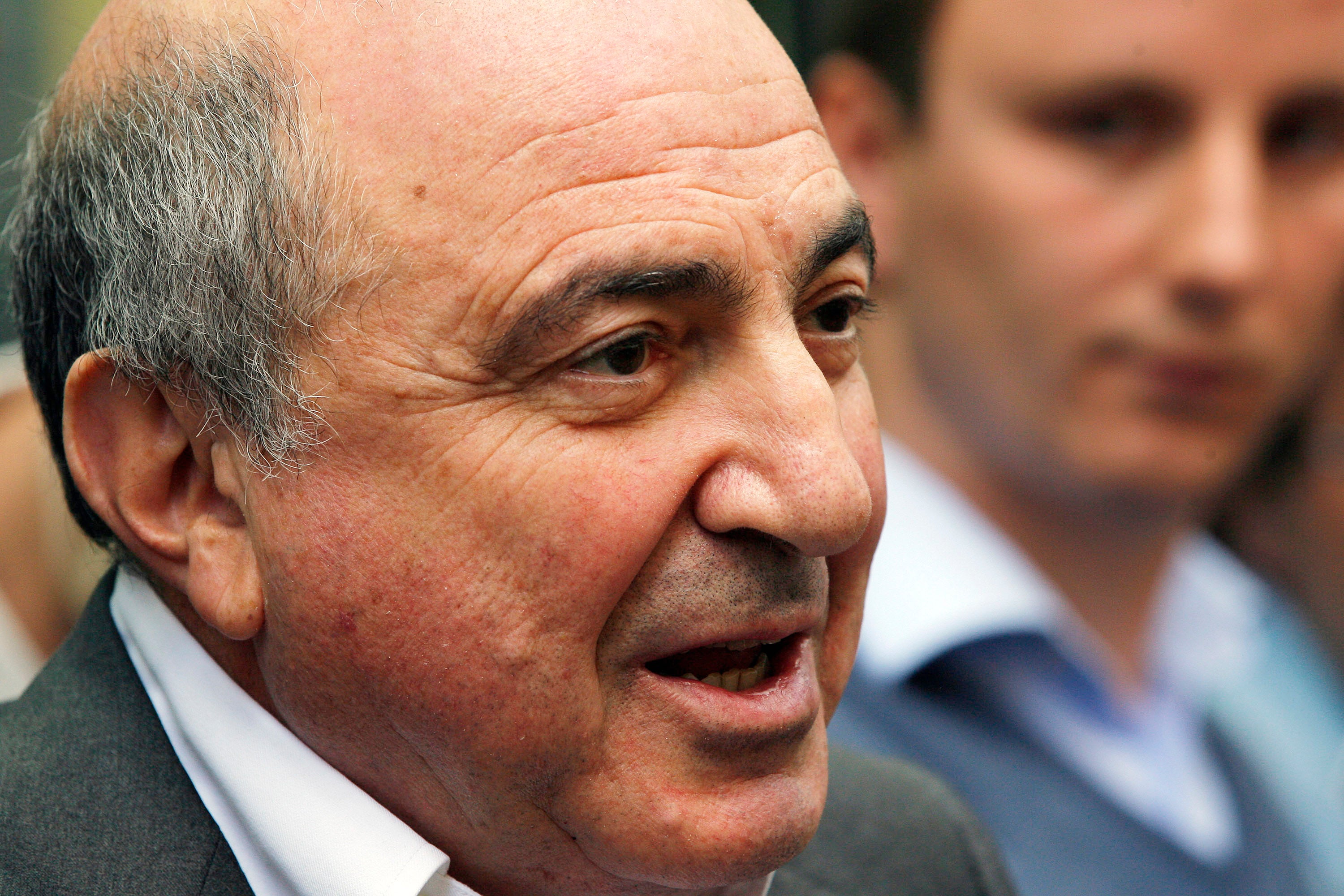
The cause of death for the former businessman, oligarch, and government official remains unclear.
Mr Berezovsky became a very wealthy man when he gained control of Channel One, the main Russian TV channel. He was estimated to be worth $3bn in 1997.
The Russian Deputy Prosecutor General demanded that he come back to Russia from abroad in late 2000 to appear for questioning. Mr Berezovsky instead moved to the UK, where he died in 2013.
He was found dead on 23 March of that year, and while his death was initially deemed to have been a suicide by hanging as there was no evidence of a violent struggle, a coroner subsequently recorded an open verdict.
Alexander Perepilichny
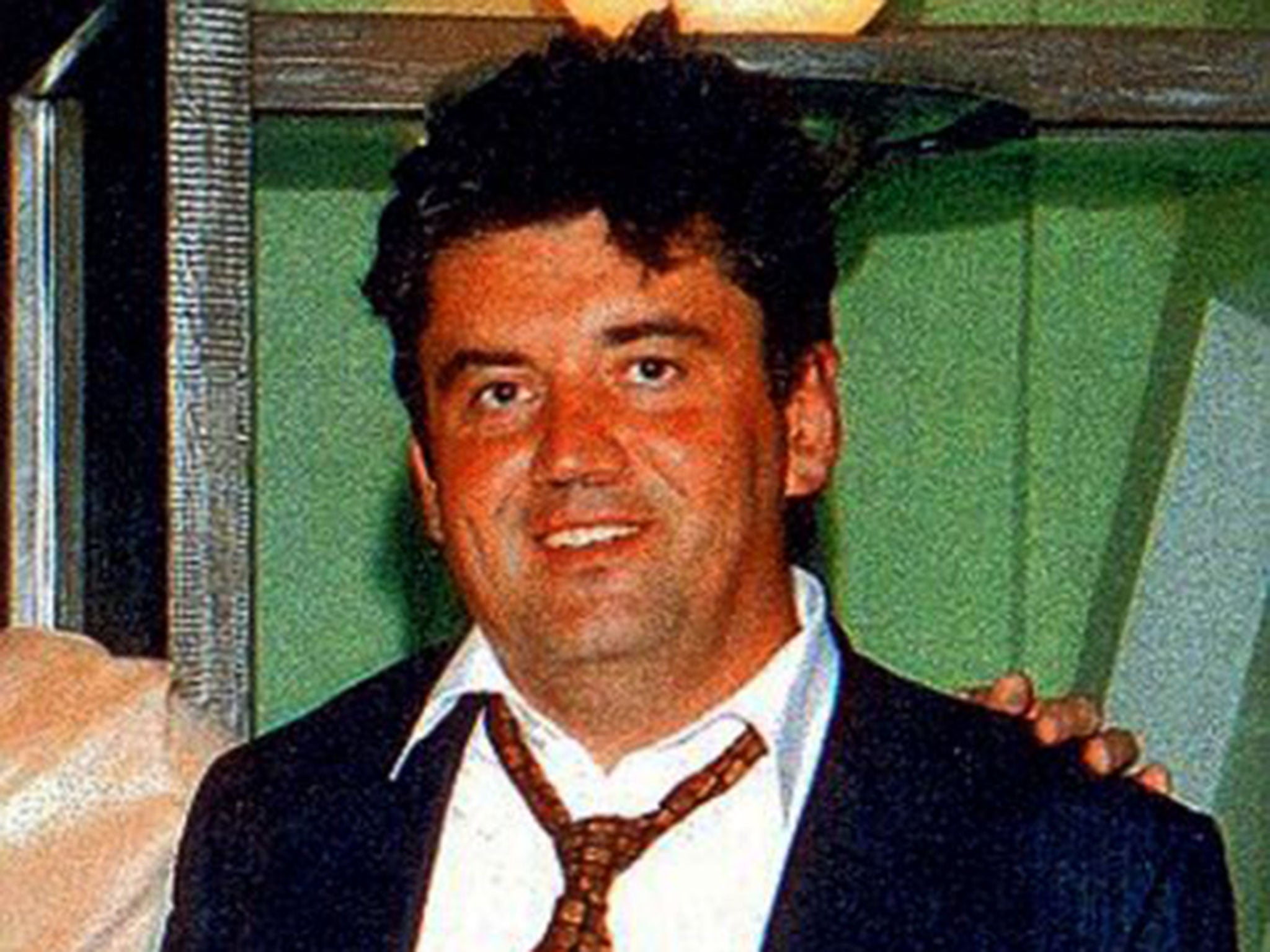
The Russian businessman died during a jog close to London in 2012 after leaving Russia in 2009.
The financier became a whistleblower in 2010 when he handed over files to Swiss officials showing details of the $230m theft of funds from the Russian treasury – the case which gained international attention following the death of Mr Magnitsky.
While he was found to probably have died of natural causes, there are allegations that he was killed as part of the coverup that also is alleged to have taken the lives of Mr Magnitsky.

Join our commenting forum
Join thought-provoking conversations, follow other Independent readers and see their replies
Comments